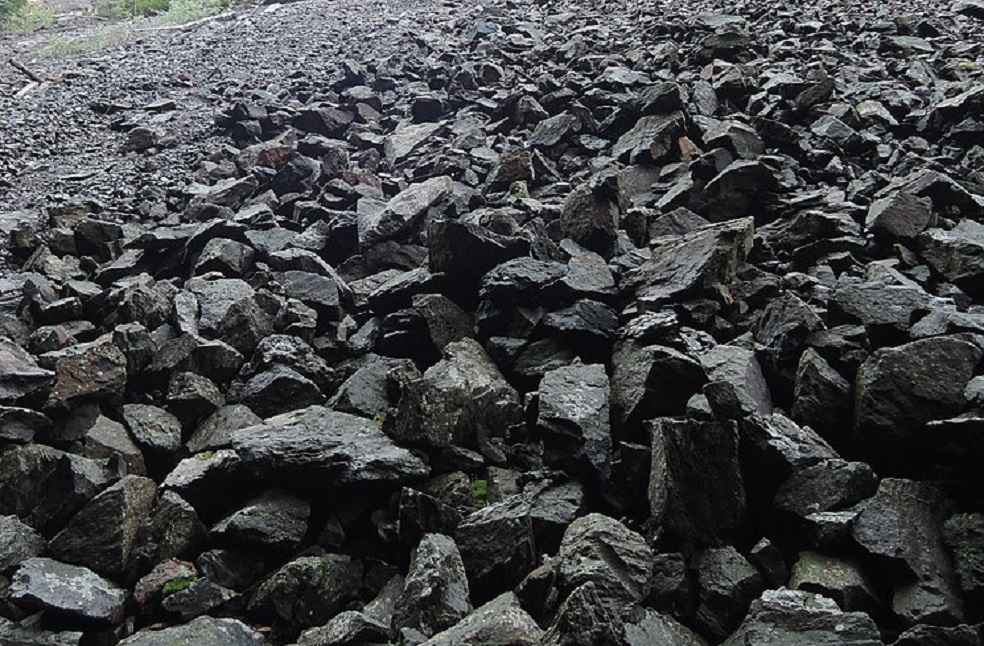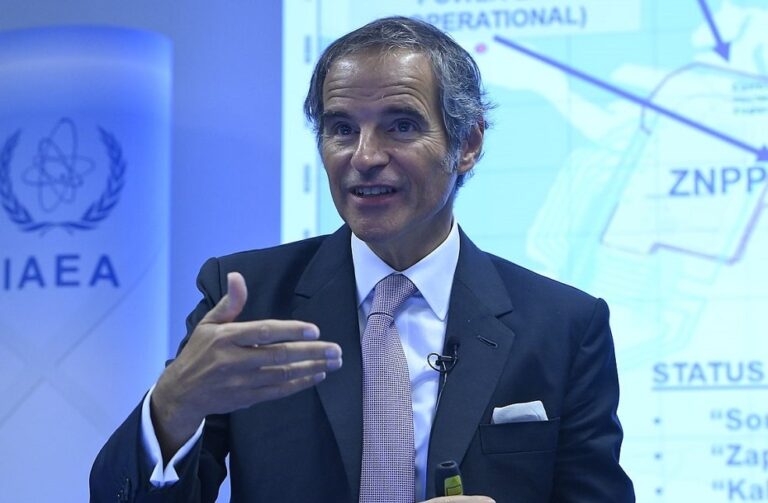Libya: The International Atomic Energy Agency (IAEA) has stated that approximately 2.5 tonnes of natural uranium are missing from a site in Libya that is not under government control.
The director general of the IAEA, Mr. Rafael Grossi, told the organisation’s member states that inspectors found that 10 drums containing uranium ore concentrate “were not present as previously declared”.
The UN nuclear watchdog would conduct further activities “to clarify the circumstances of the removal of the nuclear material and its current location.”
Natural uranium cannot be immediately used for energy production or as bomb fuel, as the enrichment process requires the metal to be converted into a gas, then later spun in centrifuges to reach the levels needed.

However, each tonne of natural uranium, if obtained by a group with the technological means and resources, can be refined into 5.6 kilograms of weapons-grade material over time, experts say. That makes finding the missing metal important for nonproliferation experts.
According to reports, the loss of knowledge about the present location of nuclear material may present a radiological risk as well as nuclear security concerns.
In 2003, Libya, under Mr. Muammar Gaddafi, renounced its nuclear weapons program, which had obtained centrifuges that could enrich uranium as well as design information for a nuclear bomb, although it had made little progress towards a bomb.
The African country has gone through a political crisis since Mr. Gaddafi’s fall in 2011, with myriad militias forming opposing alliances backed by foreign powers.



